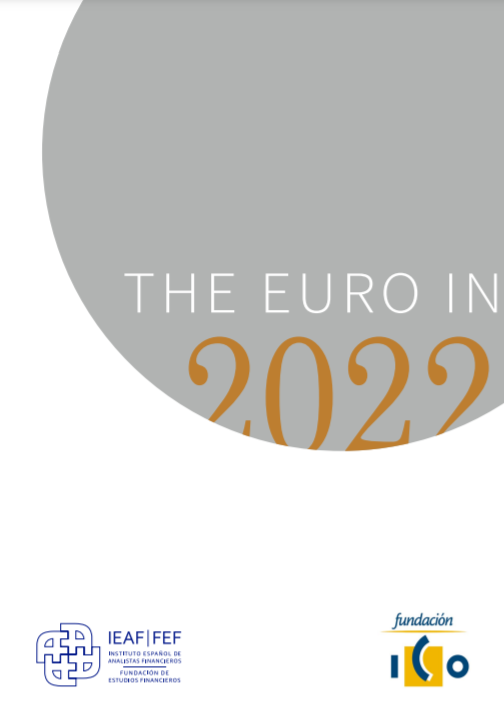Policy Contribution
Making a reality of Europe’s Capital Markets Union
It is high time to make the CMU project real.The authors of this publication suggest that capital markets will only transform with concrete action and that ESMA reform should be a priority but cannot be the only one. Policymakers need to set priorities that will move the project forward.
The deepening and integration of the European Union’s capital markets is a long-term structural endeavour. Although difficult to achieve, it is worthwhile for several reasons: a meaningful body of economic analysis strongly suggests that purely bank-based financial systems are more prone to crises and might produce lower growth performance; widely-accepted analysis suggests that cross-border capital market integration can be an important complement to fiscal risk sharing; and the departure from the EU of the United Kingdom – home to the EU’s main capital market centre – makes the project even more relevant. Although integrating and deepening capital markets has been a long standing goal of the EU, actual progress has been limited.
The European Commission’s welcome Capital Markets Union (CMU) agenda has led to many legislative proposals to advance the development of EU capital markets. Although the European Council has repeatedly underlined the CMU’s importance, only a few of these legislative proposals have been adopted. At this stage, significant progress will only be feasible if clear priorities are set. We argue that strengthening and expanding the role of the European Securities and Markets Authority (ESMA) should be prioritised because: (a) it is a relatively easily implementable step; (b) it would entrust an institution with driving the agenda forward; and (c) it would put an effective check on the potential financial stability and business conduct challenges that might arise from cross-border capital markets integration. Other major legislation, in particular on business insolvency and on personal pension products, could also be prioritised for completion during the current European Parliament legislative term.













